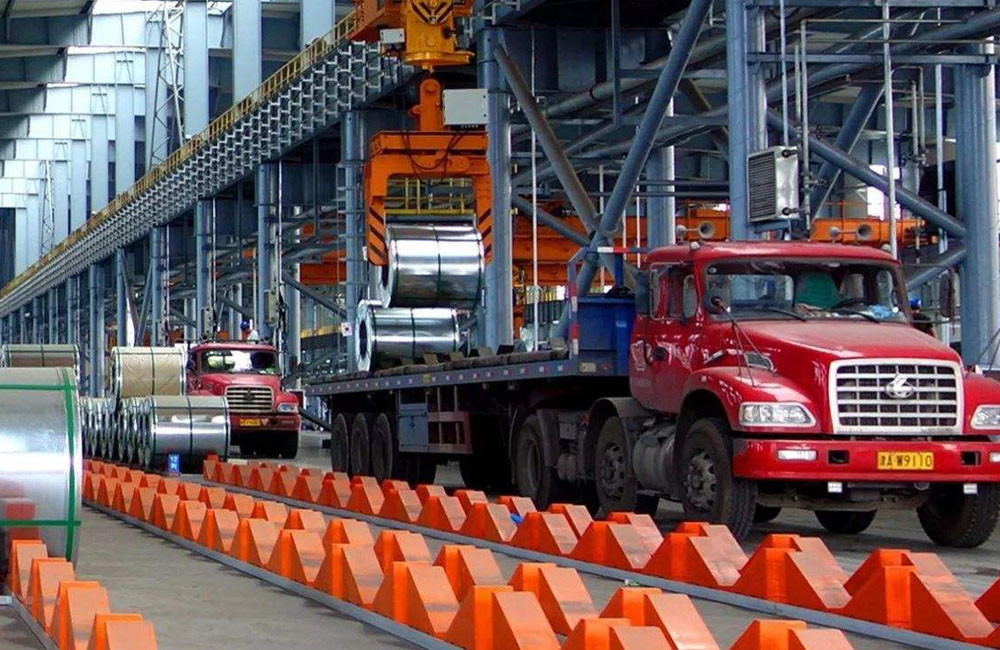CHINA'S steel sector is toying with falling into a bear market, with prices almost down 20 per cent in the past three months as the industry's run of record production meets the reality of a slowing economy and trade disputes.

It's worth noting that steel futures still remain higher than at the end of last year, when they closed at 3,431 yuan a tonne, although the recent declines have come close to wiping out the gains for the year.
Sentiment appears to have swung in the industry, which had been buoyed in the middle two quarters of 2018 by strong profitability amid the ongoing closure of older and less efficient steel mills.
China has been chalking up record after record monthly steel production this year, with output reaching new highs every month since April, with the exception of August. Output hit 82.55 million tonnes in October, up from 80.85 million in September, according to official statistics released on Nov 14. Output over the first 10 months of the year was 782.46 million tonnes, up 6.4 per cent on the same period last year, according to the data.
China's real estate sector, a key consumer of steel, saw growth in investment cool to a 10-month low of 7.7 per cent in October, down from 8.9 per cent in September. Automobile sales dropped 11.7 per cent in October, taking sales for the first 10 months of the year into negative territory, down 0.1 per cent from the same period last year. Vehicle sales in the world's biggest car market may contract this year for the first time since at least 1990, which would be a bearish signal for steel demand.
The Purchasing Managers' Index (PMI), an indicator of the health of the broad manufacturing sector, fell to 50.2 points in October, just above the 50-level that separates expansion from contraction and the lowest reading since July 2016.
Steel exports have also slipped, dropping 9.3 per cent in the first 10 months of the year compared to the same period in 2017, most likely hit by the imposition of tariffs and other measures by the United States and other countries. While these economic numbers certainly look worrying for the steel sector, the market is expecting that Beijing will boost stimulus spending on infrastructure to shore up economic growth. However, it may take some time for stimulus spending to kick in, meaning steel demand and prices may struggle to mount a convincing recovery.
For now, the unknown factor in the next few months is what will be the exact impact of winter anti-pollution measures across China.